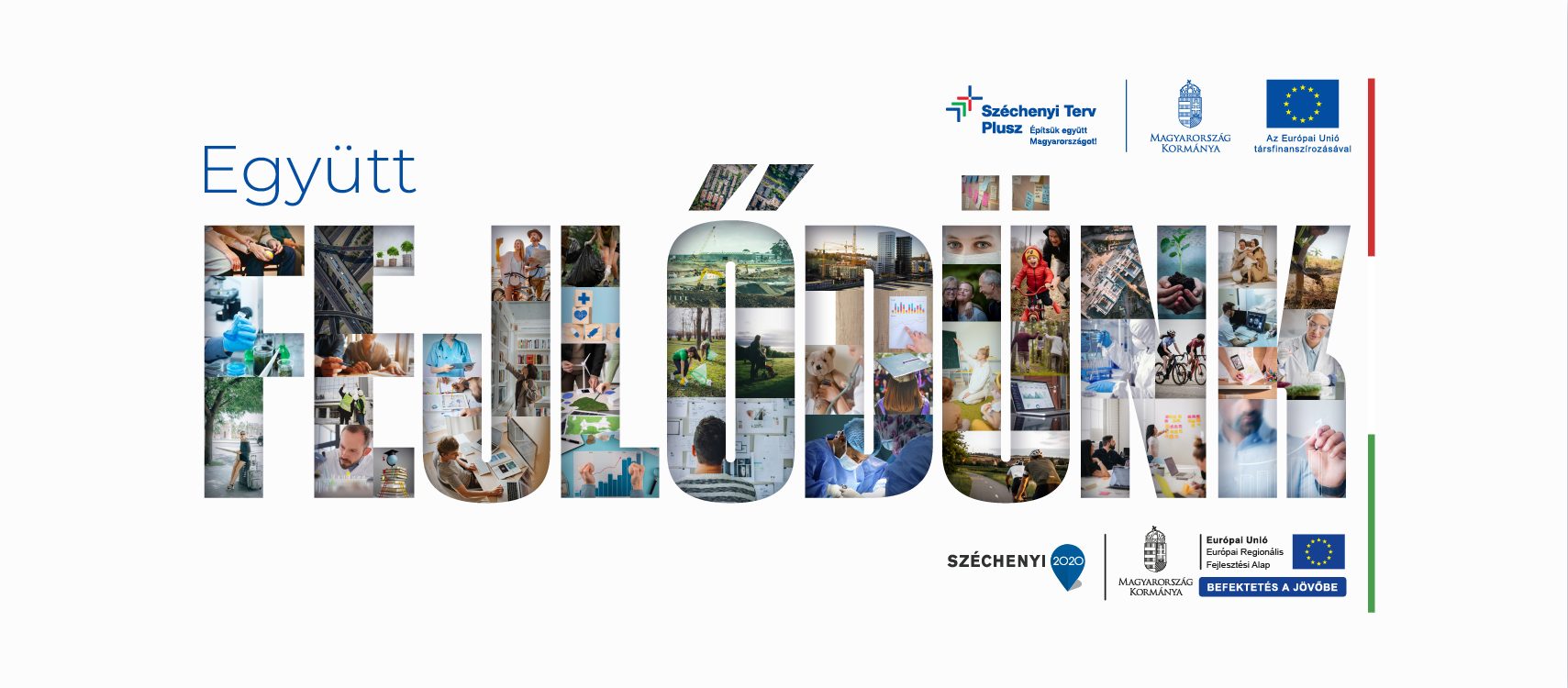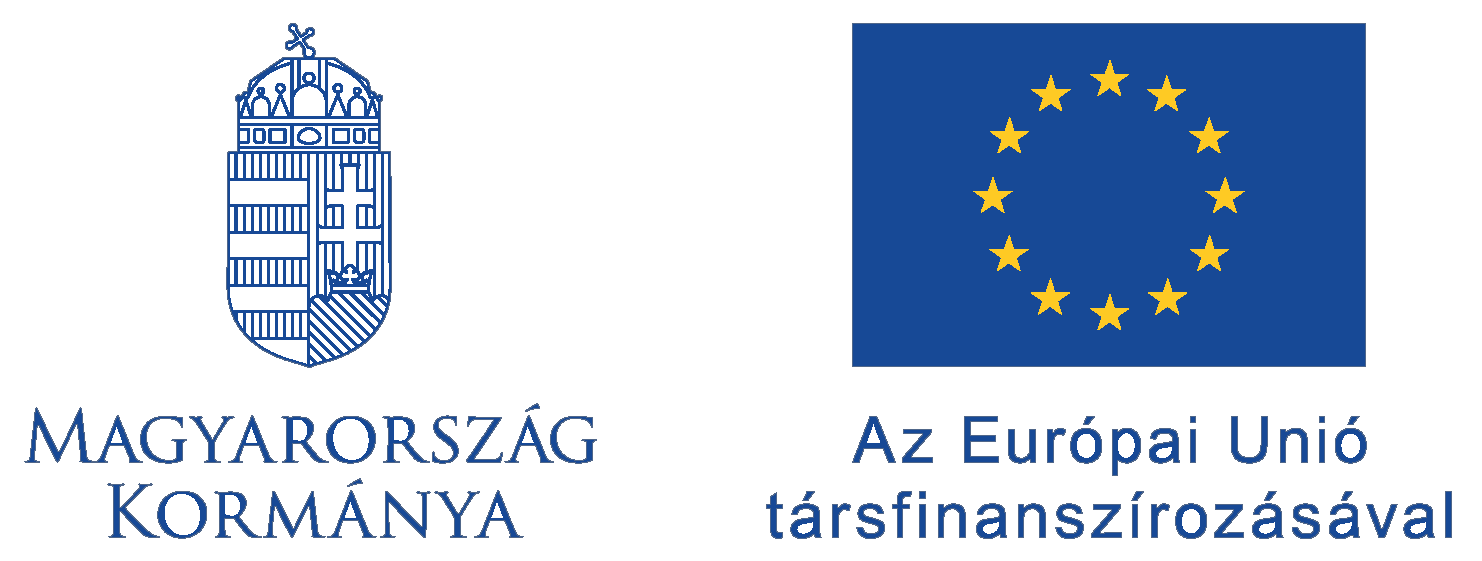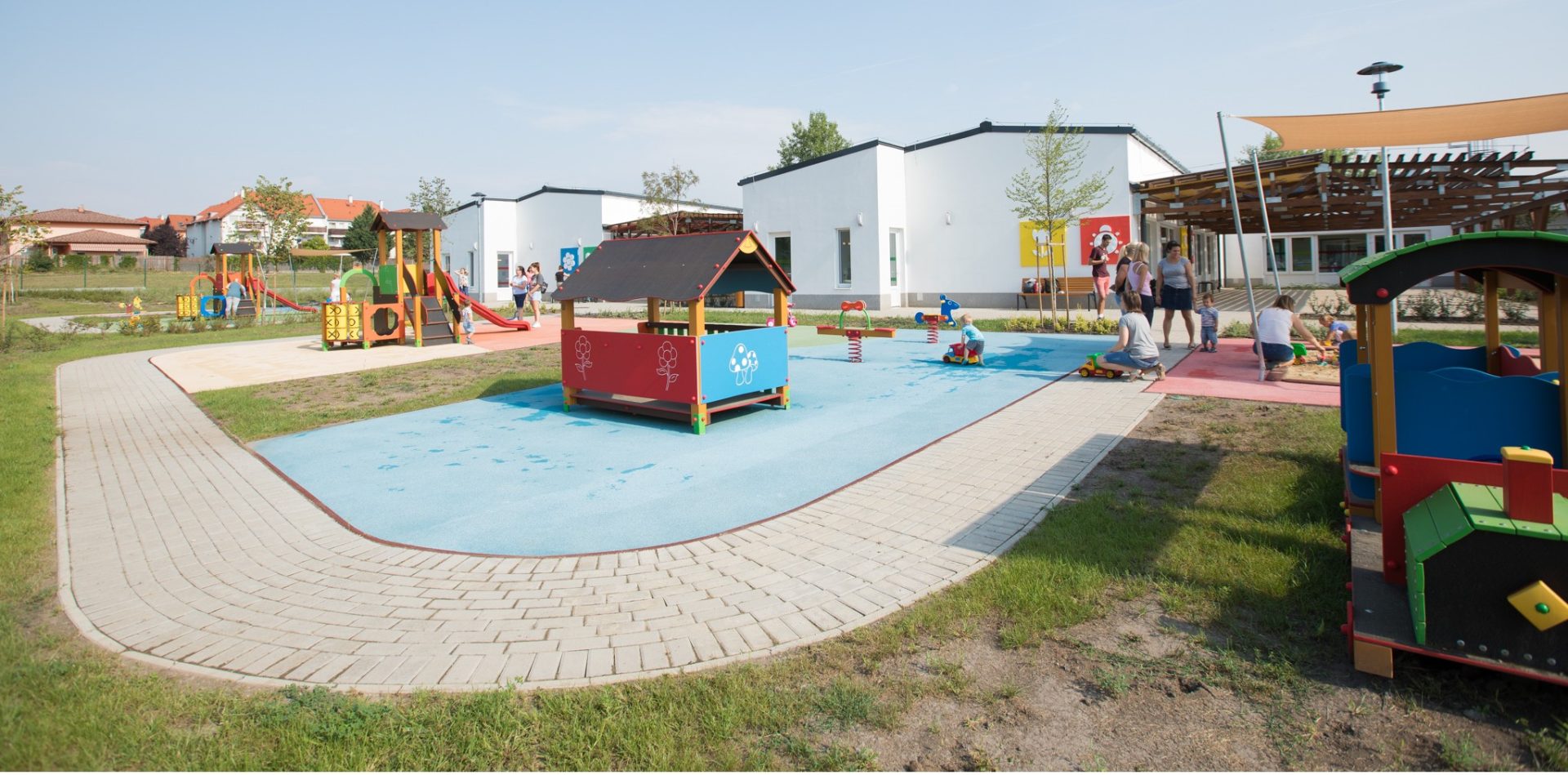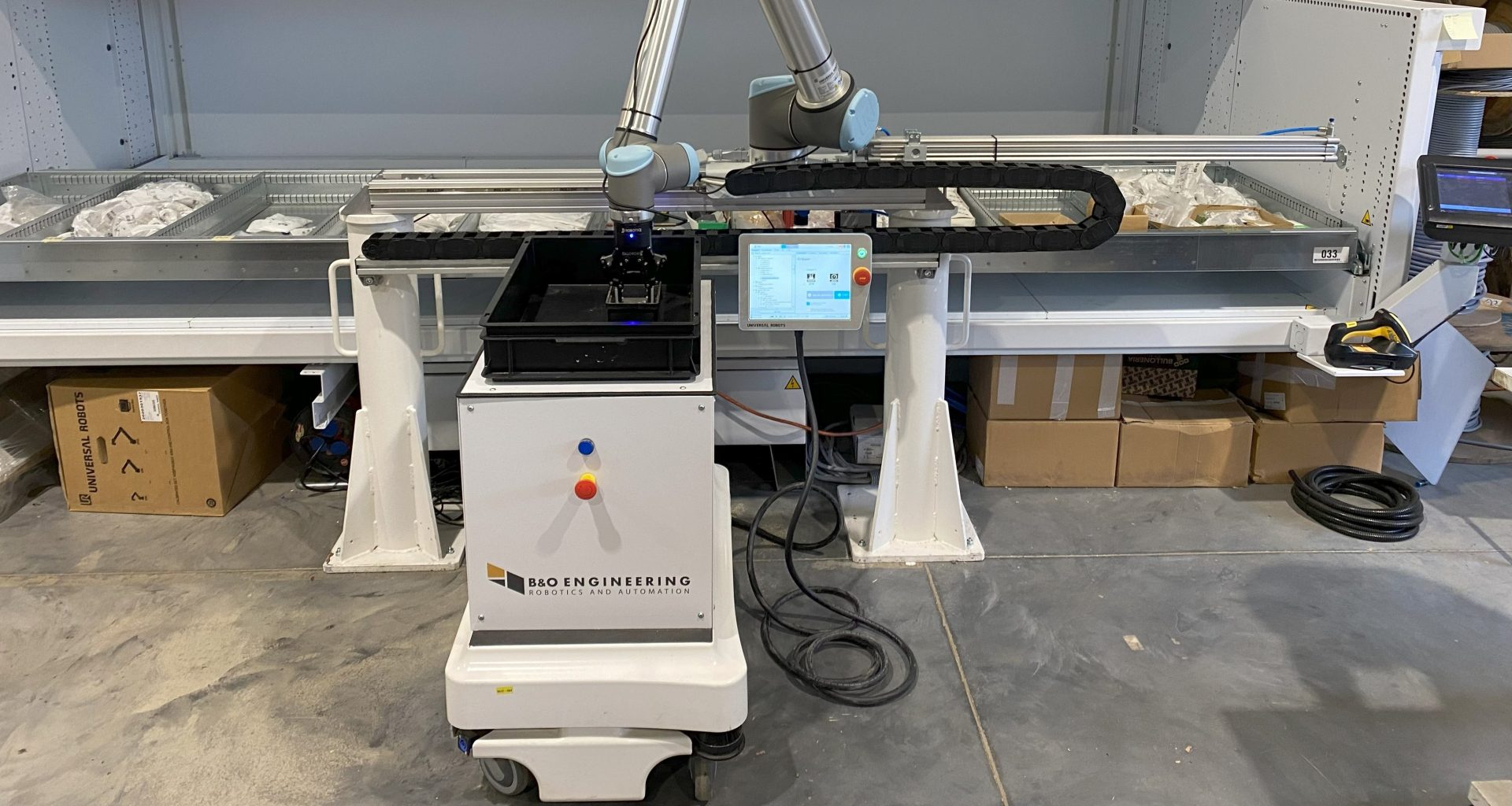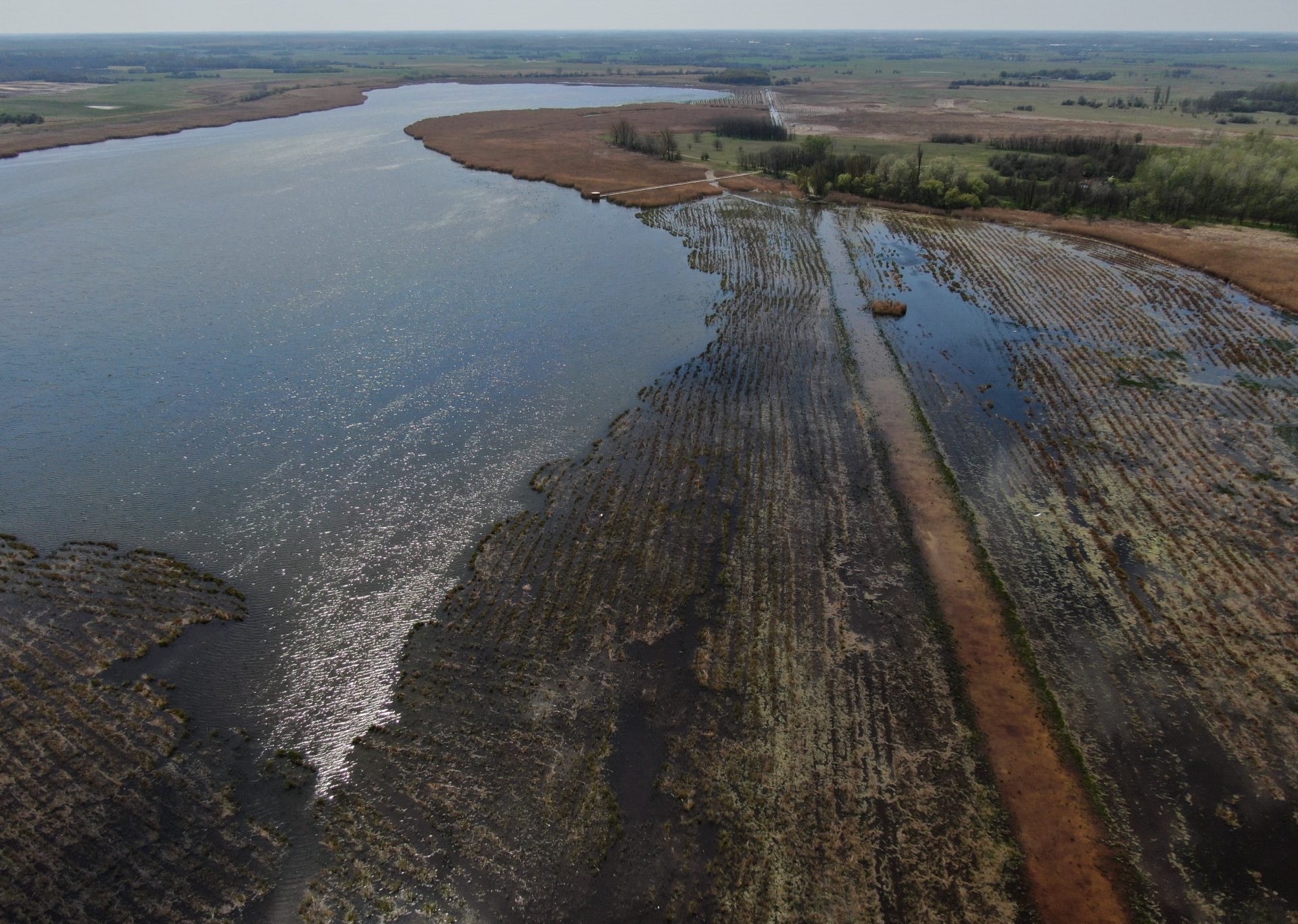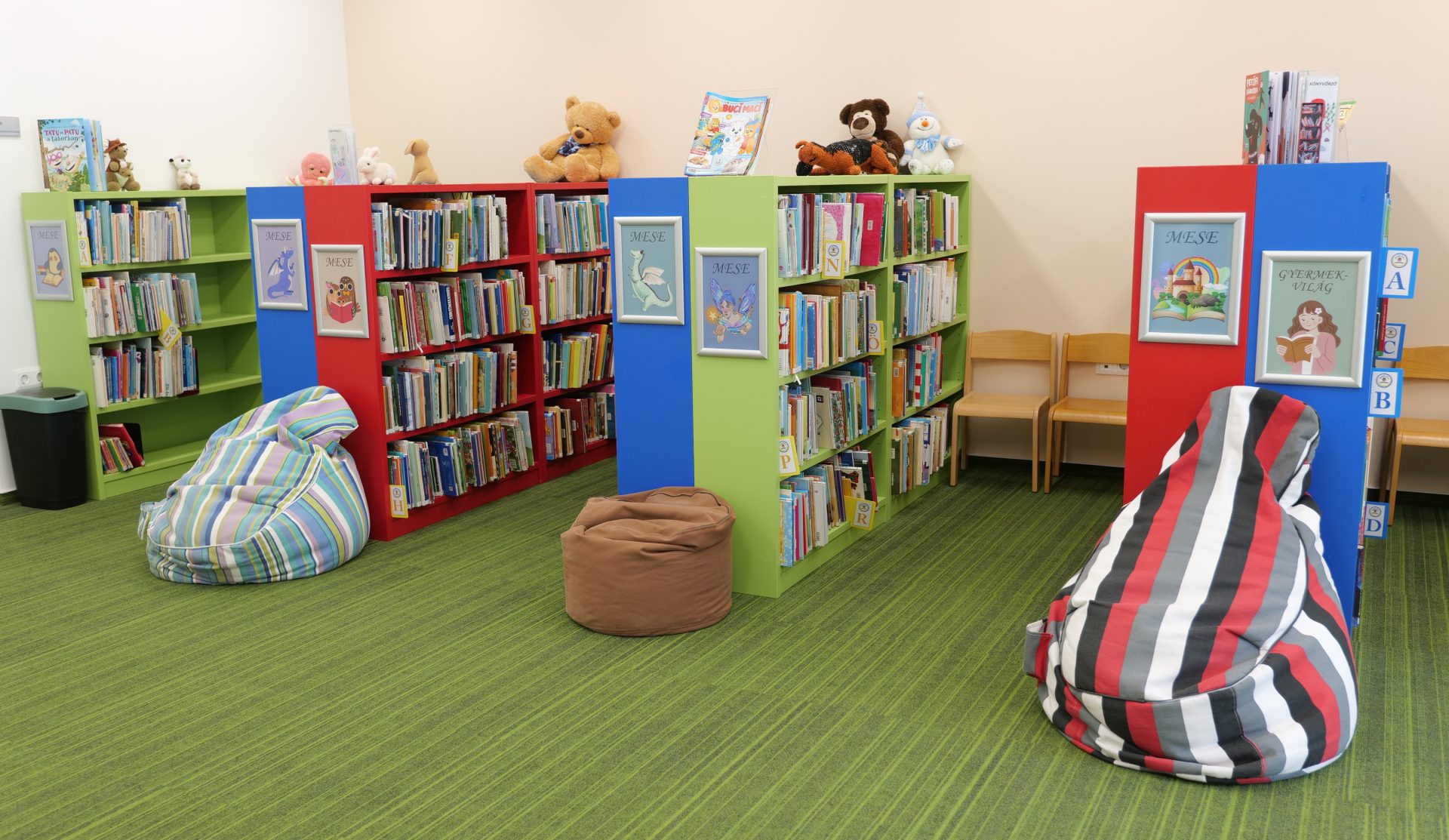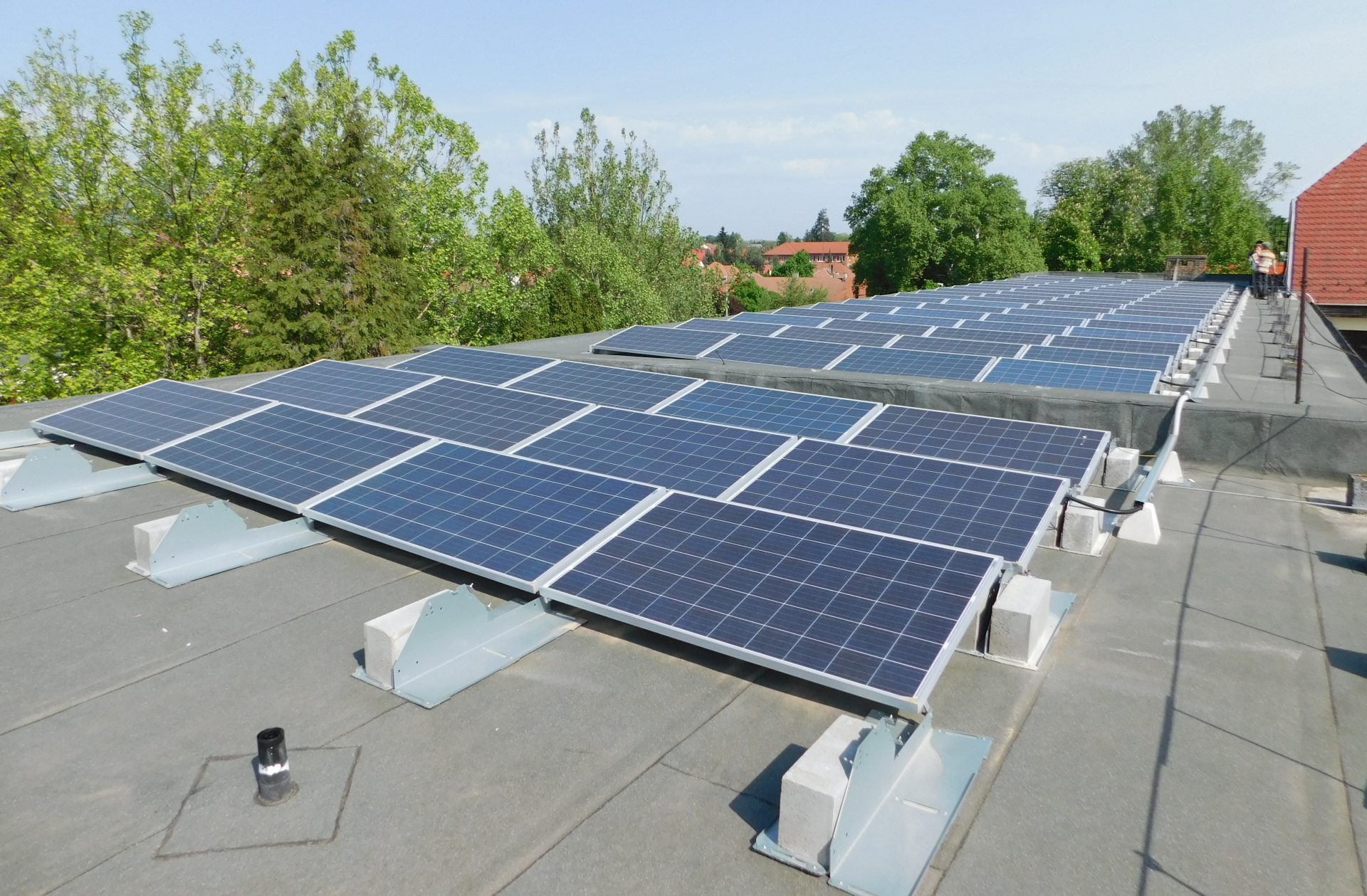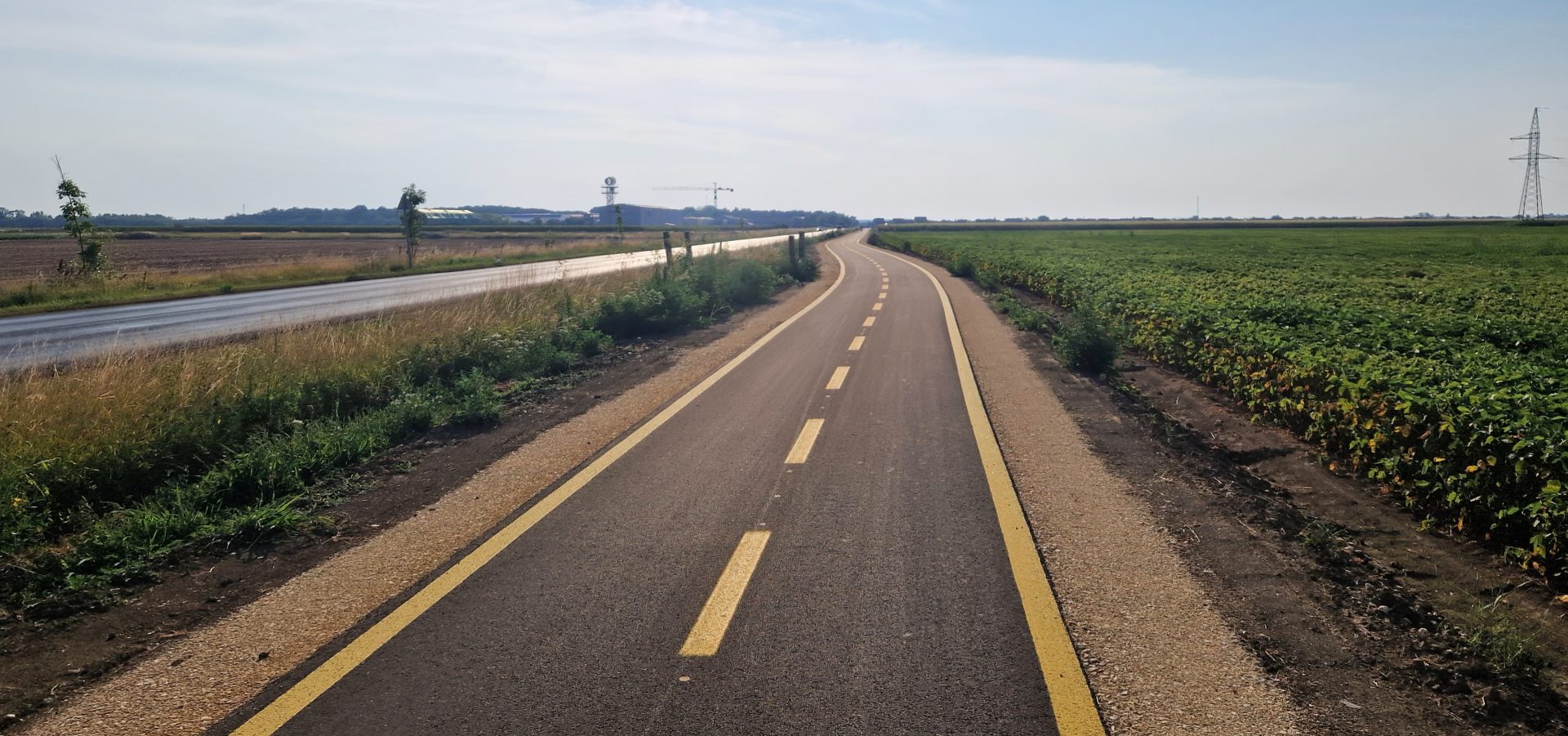Everyone deserves a second chance—especially when it comes to education. The Belvárosi Tanoda project’s aim was to provide real support to those young people who, for some reason, have dropped out of the school system but are ready to start over. The initiative focused on personalized development and community building.
The “School Desk Reloaded—Support for Second Chance Programs” application, as part of the Széchenyi 2020 Program, supported the reintegration of young people without qualifications, who are beyond the compulsory education age, into secondary education with European Union funds. Early school leaving, in most cases, imposes severe social and economic burdens not only on the individual but also on society. As a result of the support, the social integration and labor market prospects of those involved may also improve. The affected young people typically come from disadvantaged backgrounds, and their integration requires a complex pedagogical approach and personalized learning paths.
The Belvárosi Tanoda Foundation High School has been working with young people who, for some reason, have not found their place in traditional education for more than thirty years. The school offers opportunities to those aged 16 to 25 who have missed out on secondary education and face significant challenges due to their disadvantaged circumstances. The cornerstone of the Tanoda methodology has always been that it is not just a place of learning but also a supportive community home, aimed not only at obtaining a diploma but also at developing self-awareness and planning long-term career paths.
This project also came up with flexible learning paths tailored to the students’ individual needs. These include developmental classes, mentoring, and various skill development programs, as well as the traditional curriculum hours. In total, 33 young people took part, including 11 of Roma descent. Most of these young people struggle with issues such as antisocial behavior, broken family backgrounds, or emotional isolation. Here, they received not only learning opportunities but also comprehensive support that assists them in all areas of life.
The Tanoda employs specialized methodological tools. When creating an individual learning plan, the learning process is adapted to the students’ prior knowledge and abilities, and progress is monitored using a development log. Individual development plans are intended to ensure that everyone progresses at their own speed and within their abilities. Special types of developmental activities, such as the student staff, drama pedagogy group, and self-awareness group, represent educational forms that differ from traditional “classroom” approaches, better activating students and supporting their retention in education, thereby lowering dropout rates. Sessions that focus on mental health and life coaching assist participants in overcoming the challenges brought on by their circumstances within the context of psychosocial support and mentoring. Community building and cultural programs are leisure activities and club events that not only make learning more colorful but also contribute to young people gaining community experiences and strengthening cohesion.
What made this project different from the others that had been done at Tanoda was that they updated their educational programme, expanded the range of extracurricular activities, and got social workers involved in supporting the students. The students got some great results in the first phase of the programme, which was a big step up from what they’d done before.
The plan for the Belvárosi Tanoda is to keep growing and to help more underprivileged young people. By teaming up with other organisations, we’re reaching more and more people. We’re holding open days and open programmes so that anyone can find out more about our approach. We believe that education is not just something you have to do, but also a chance to change your life. Everyone deserves a second chance.
The development was implemented from EU funding in the project VEKOP-7.3.5-17-2017-00005 under the Competitive Central Hungary Operational Program.
Find out more about the project in the Project Finder:Details
